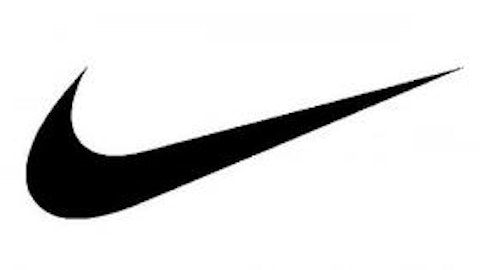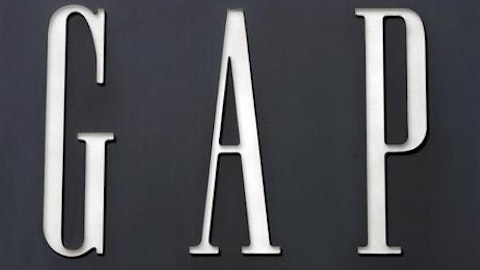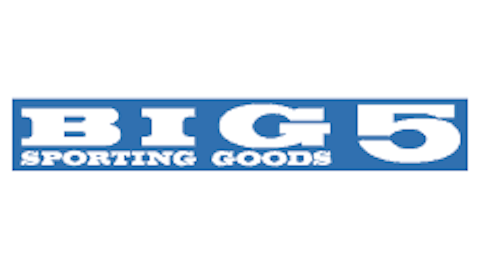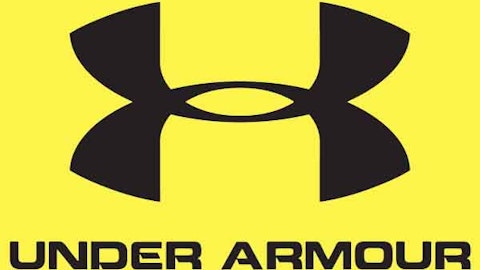
So lace up your cleats and follow along as I weigh the potential risks and rewards, in an attempt to determine which companies are investing home runs, and which will go down swinging this season.
Jarden Corporation (NYSE:JAH)
Rummage through your garage and I bet you’ll find all sorts of Jarden Corporation (NYSE:JAH) products such as Bicycle cards, Mr. Coffee java brewers, Coleman grills, Pine Mountain fire starters, and custom designed plastics and zinc — though admittedly, you’re probably less likely to find custom zinc in your garage. But we’re talking baseball here and with baseball season ahead, Jarden Corporation (NYSE:JAH) will look to score big with its powerhouse Rawlings.
Jarden Corporation (NYSE:JAH) acquired Rawlings as a package deal with outdoor company K2 in 2007 for $1.2 billion. As a former collegiate baseball player, I can say confidently that Rawlings gloves are simply the best. However, it’s important to remember that Rawlings is only one cog in the Jarden Corporation (NYSE:JAH) machine, and the success of Rawlings may not translate directly into overall company growth.
Risks
I look at Jarden as a much smaller version of Berkshire Hathaway Inc. (NYSE:BRK.A), the giant conglomerate run by Warren Buffett. More specifically, I view Jarden’s acquisition strategy as similar to Berkshire’s. If we look at Berkshire’s most recent acquisition — ketchup king H.J. Heinz Company(NYSE:HNZ) — it’s easy to see what Buffett and Berkshire value. Heinz is simple, it manufactures a branded product, gets distribution, and people buy it – over, and over, and over again. Jarden has grown over the years by buying its own stable of branded consumer-goods companies.
However, when it comes to sports equipment, there is risk that comes from the dependence on innovation. There has to be research done to provide the safest helmets, the regulations on aluminum bat alloys are constantly changing, and the company has to worry about competitive marketing.
Jarden has also accrued a pretty enormous amount of debt — over 3 billion as of 2011. This shouldn’t necessarily scare investors off, but it’d be ideal to see a steady trend of cutting down the debt. However, from 2007 to 2011 Jarden has been far from consistent when it comes to reducing that debt load. In fact, looking at the trend over the past few years, Jarden has been adding even more debt.
Rewards
If there is one thing Jarden is good for, it’s acquiring assets. Since 2007, the company has increased its assets by nearly 30%. This looks to have translated into profits for investors, with Jarden’s EPS of $3.10 at an all-time high. But what’s most appealing about Jarden is the quality and diversity of its product line. With a hand in skiing/snowboarding, camping, and fishing, the company is less likely to be affected by seasonality.
NIKE, Inc. (NYSE:NKE)
As running great Steve Prefontaine put it: “When you set the pace, you control the race.” And it’s fair to say, Nike has been setting the pace for athletic footwear and apparel for decades.
Risks
Nike is a global brand; in fact, 51% of the company’s $20.9 billion in revenue comes from outside of North America — a trend that has steadily increased since 2007. However, as of recently, trade regulations have been proposed in China, and while it looks like gibberish to me, Nike seems convinced it would be bad news if the legislation is passed.
There are also the normal competitive pressures that the company will have to deal with – it may have the edge on foes like Adidas and Under Armour for now, but it’ll have to keep its game sharp to keep it that way. In addition, there are always the random, one-off risks to consider. The company noted in its annual report that it’s at risk from natural disasters. This isn’t something the average investor takes into account, but after the tsunami in Japan, Nike took a significant hit in that region.





